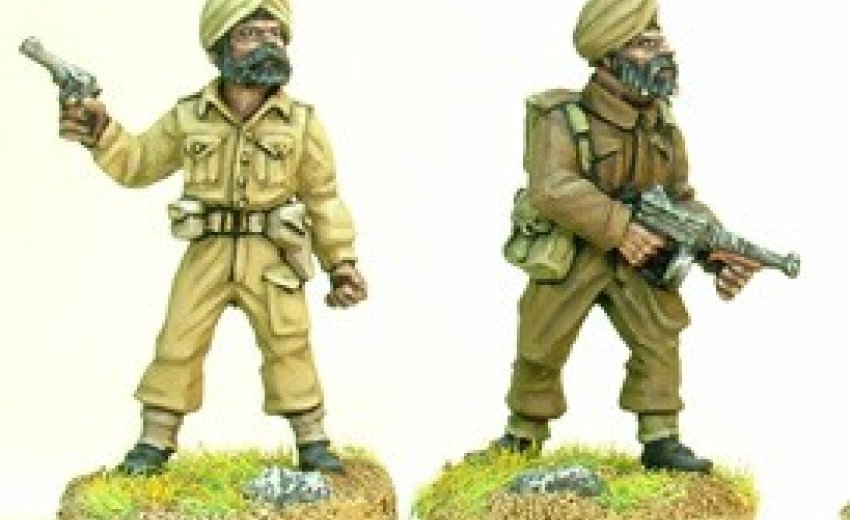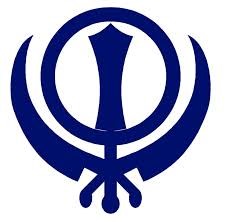
We, The Sikhs

Relationship of a Turban with Sikh Miltary Life all over the World
Turban is compulsory for all the Sikh men to wear to cover their long uncut hair.
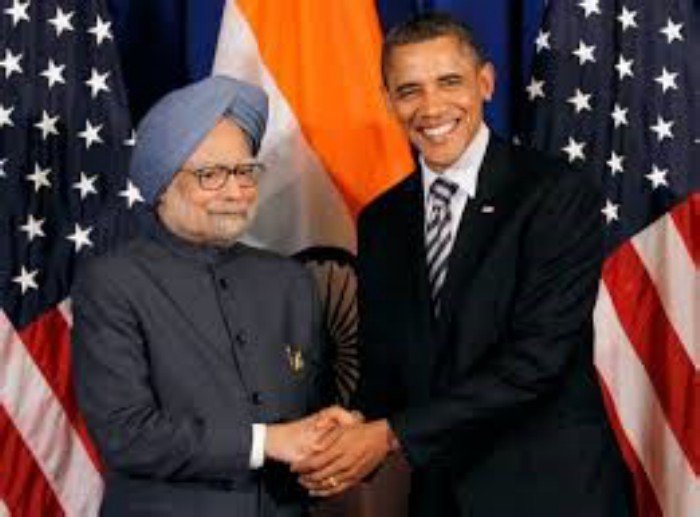
[A Sikh Prime Minister Mr. Manmohan Singh with President Obama]
Scientific Reasons for Wearing Turban:
1. Turban provides protection from head injuries during war and in case of accident
(Please don't misunderstand Turban as a helmet).
2. Turban not only covers the uncut hair of the Sikhs but also provide them protection from heat stroke during summers and also from chilled winds and snow during winters.
World War Gallery
Veteran Soldiers

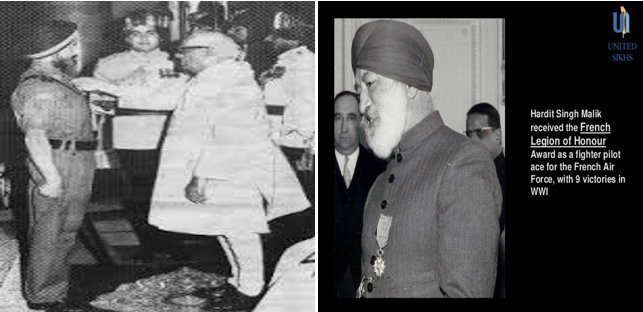
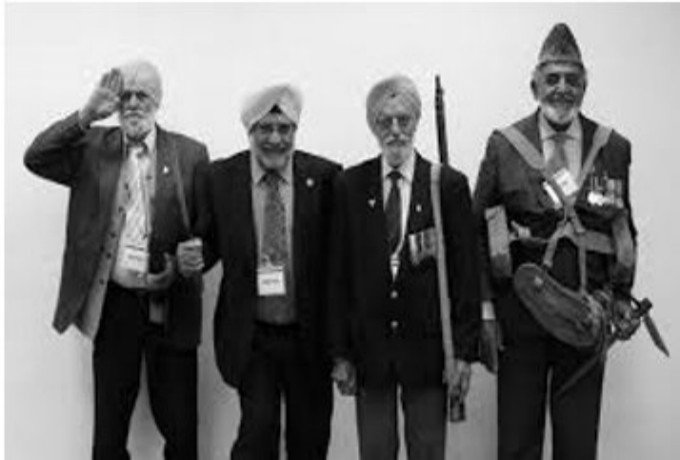
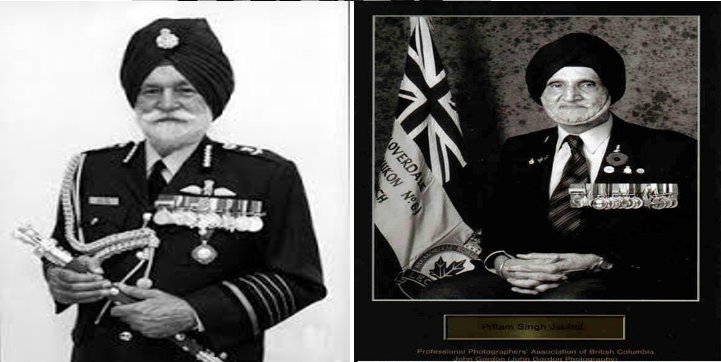
New Generation

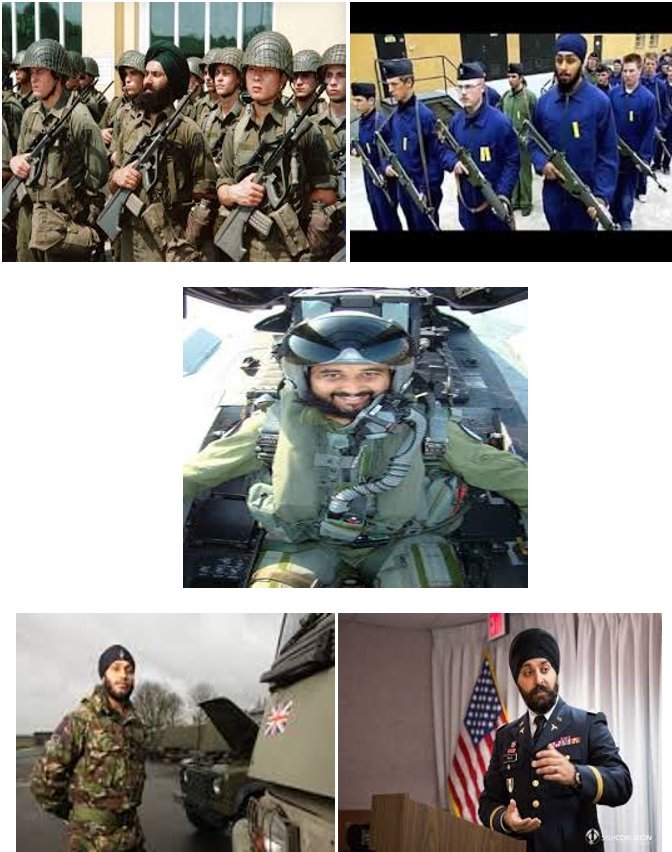
Comments of British Generals regarding Sikh Soldiers
These comments by British Generals regarding the Sikhs and their Turban
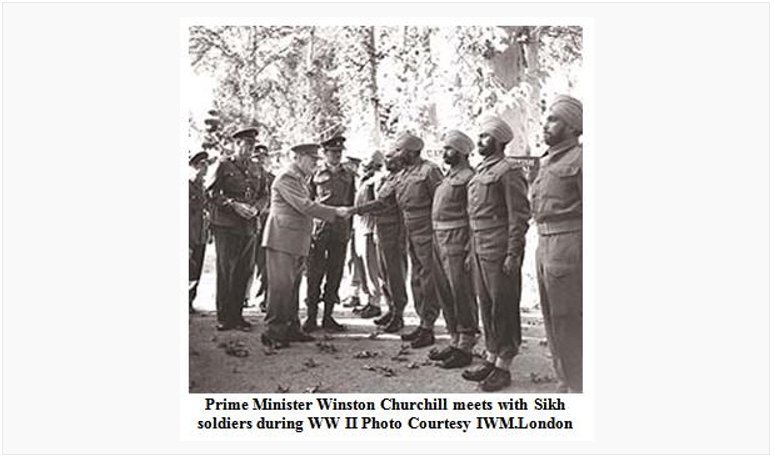
Lt. General Sir Reginald Savory K.G.T., C.B., D.S.O., M.C. states in a letter to Mrs.G.Scott, Scientific Section, House of Commons Library:
"… I have known Sikhs to pick bullets out of their turbans during and after battle. In fact the turban absorbs the shock of a bullet possibly rather better than a tin helmet. If the turban is properly tied, it will also form an effective buffer too, for instance from a toss from a motor bicycle.
"… At the outbreak of World War II, I was serving at A.H.Q. (Army Headquarters). Shortly after I was sent for by the C. in C. General Sir Robert Cassells. He asked me if the Sikh Regiment was prepared to wear steel helmets. I replied that they had not done so in World War I, that it was contrary to their religion, that we had never interfered with religious tenets, and was it worthwhile arousing strong feelings to reduce head injuries by an infinitesimal proportion? I also pointed out that the Sikh Pagri (Turban) was a very good protection in itself to head wounds.
A letter from Col. H.A.Hughes, D.S.O., M.B.E., D.L., and J.P. to Gyani Sundar Singh Sagar:
During World War 1, when the steel helmet was first introduced, we British Officers of Sikh Regiments tried to persuade our men to wear them, but they steadfastly refused, and have done so ever since.
A letter from Major General B.W.Key, C.B., D.S.O., M.C. to Gyani Sundar Singh Sagar states :
This latter point I would emphasize as regards riding motor bicycles. There is no question that the Pagri offers greater protection than an ordinary hat or cap.
The reasons given above were accepted by the C. in C. India. Sikhs did not have to wear steel helmets, and I hope the same reasons will satisfy the Government."
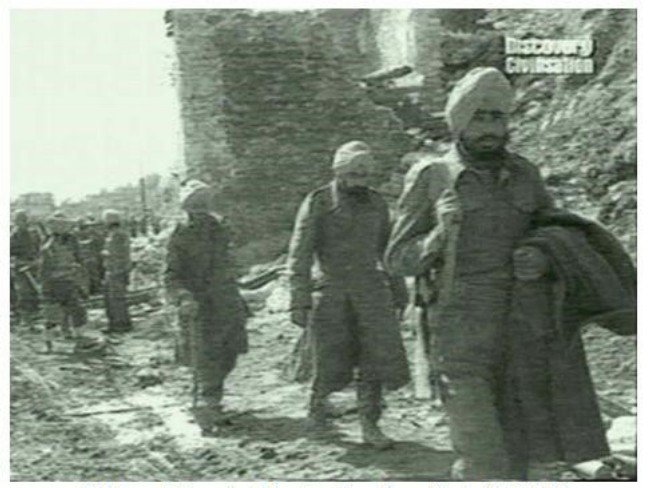
"Thank you for your letter of 6th August 1975, enclosing Sir Reginald Savory's letter. May I say I entirely agree with all that the General says. I was in the 2nd Royal Battalion Sikh Regiment during the Frontier Campaign of 1936-38 on the N.W.Frontier of India.
My Regiment consisted entirely of Sikhs and of course they always wore the Khaki Safa (Turban to the uninitiated!) During World War II I commanded the 4/16th Punjab Regiment from the battle of El Alamein to Tunis. In this battalion I had a company of Sikhs plus those in H.Q. Company. They all wore the Safa and I certainly had no more head wounds in this battalion than in any other battalion in which the soldiers were wearing steel helmets.
In Great Britain we claim to support religious tolerance. Why therefore should we try to force someone to do something which is definitely against his religious convictions?
The Sikhs have fought for us in so many campaigns and laid down their lives for us - I consider that we owe them a great deal and have now a chance to repay our debts in a small way by allowing them to wear Turbans instead of crash helmets while driving motor cycles.
I give you my full support in your struggle to get exemption and wish you the best of luck."
In "The Sikh Regiment In The Second World War " by Colonel F.T. Birdwood, O.B.E., the last words of the foreword of this book written by General Sir Frank Messervy, K.C.S.I., K.B.E., C.B., D.S.O. state
"Finally, we that live on can never forget those comrades who, in giving their lives, gave so much that are great and good to the story of the Sikh Regiment. No living glory can transcend that of their supreme sacrifice. May they rest in peace.
In the last Two World Wars 83,005 turban wearing Sikh soldiers were killed and 109,045 were wounded. They all died or were wounded for the freedom of Britain and the World, enduring shellfire with no other protection but the turban, the symbol of their faith."
In nutshell, the above comments and statistics depict the True quality of a Sikh as mentioned by Bhai Gurdas Ji ( a great veteran Sikh Scholar and First scribe of Guru Granth Sahib) in his Gurdas Ji Vaaran :-
लड़ि मरणा तै सती होणु गुरमुखि पंथु पूरण परतापै ।
Translation: Dying while fighting in battle and maintaining of the control
over the senses is the grand path of the gurmukhs.
Sentiments Attached with a Turban
A Sikh soldier, Indar Singh, fighting on the Somme in September 1916, wrote home:
We, The Sikhs on behalf of the whole Sikh Community concludes this article on the sentiments attached with a Turban with a humble request to all concerned departments throughout the World to Kindly not to ban our Turbans at your work places. Turban for us is our Dignity, Self Respect and symbol of Courage and Responsibility and also symbol of Spirituality. It's our firm Belief that a Sikh with a Turban on his head will never let you and his country down.
Last but not least, a few lines from the Bhai Gurdas Ji ( a great veteran Sikh Scholor and First scribe of Guru Granth Sahib) in his Gurdas Ji Vaaran with a English translation for the remembrance of not only the Sikhs but for Everyone irrespective of their Religion, Country and Creed who fought for their countries:-
Translation: Such a faithful, in the battlefield gets killed piece to piece for the master.

Thanks for reading
Nanak Naam Chardi Kala, terae bhaane sarbaht da bhalaa
#####
We, The Sikhs: Acknowledgments
Information reported hereby has been taken from various Internet sites, Books and Research papers of various Scholars for which the whole Team of Marco Research Foundation ([email protected] is sincerely indebted to all.
